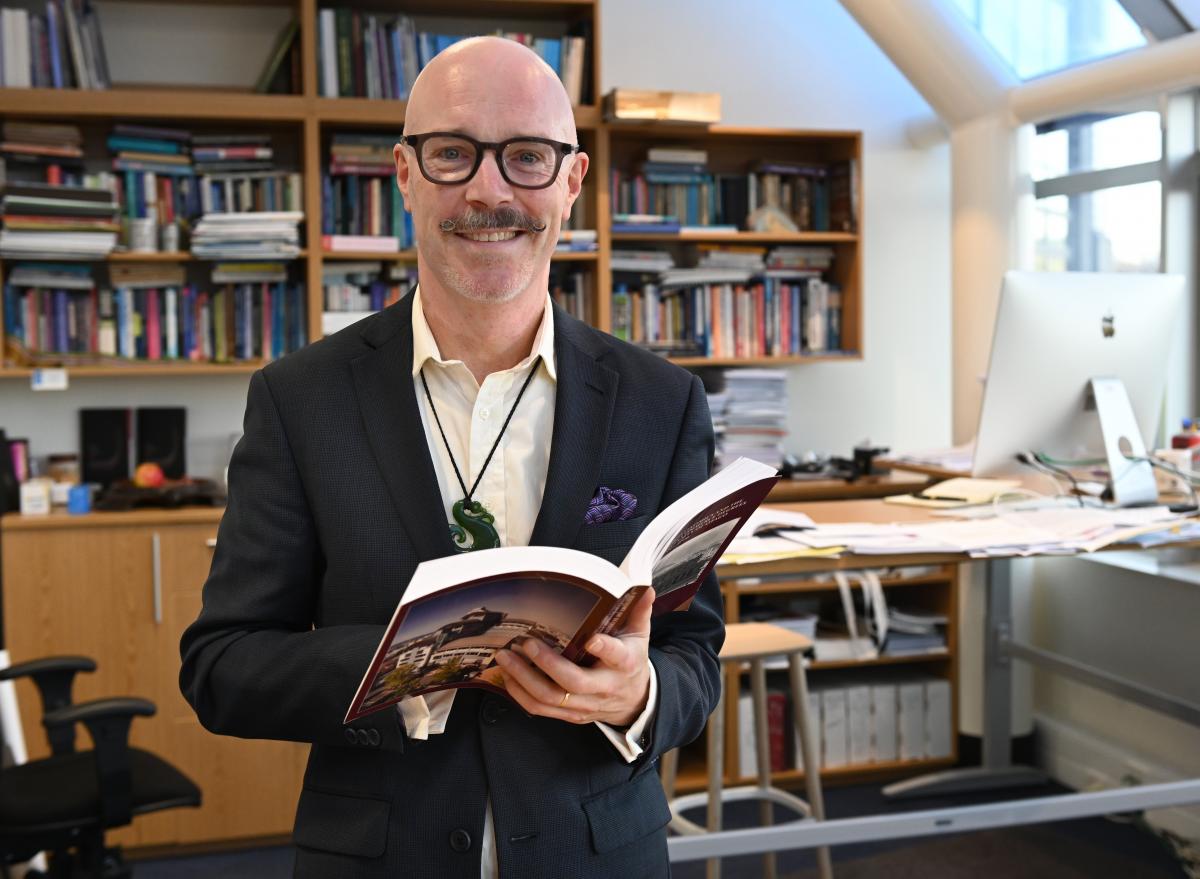Former University of Otago academic Prof Robin Gauld, now executive dean of Bond Business School at Bond University in Queensland, has joined the call for an economic development agency independent of the DCC, adding there were lessons to be learned from the Gold Coast.
Prof Gauld, who previously served as dean and pro vice-chancellor of the Otago Business School, was an elected director on the Business South board from 2022 to 2024.
In its submission to the Dunedin City Council’s 2025-34 long-term plan, Business South called for the creation of an independent agency with strong business and iwi representation to drive co-ordinated, outcome-focused growth for the city.
Prof Gauld said there was an agency called Invest Gold Coast on the Gold Coast which was spun out of the council and was an independent entity with its own board and staff.
‘‘It is staffed by people from the commercial sector who are incredibly ambitious and focused on growth in all areas, including technology and tourism as well as others. There is a strong entrepreneurial culture here.’’
The agency was also deeply engaged with both Bond University and other education providers, bringing opportunities for executive education, training and upskilling, speakers and events around topics such as tech entrepreneurship.
‘‘It is a stark contrast with how things have worked in Dunedin for so long, despite the best will and intent,’’ Prof Gauld said.
And with the new direct flights between Dunedin and the Gold Coast starting this winter, there was a good opportunity for key players in Dunedin to learn from the Gold Coast, he said.
Strong leadership was needed and that needed to come from the top, in this case that needed to come from the very top of the council, and that was what had been missing, he said.
Invest Gold Coast was very focused on developing both the Gold Coast economy and the area as a place to live. It was bringing international businesspeople to show them the opportunities and it was also involved in housing developments to try to hasten the pace of housing developments.
‘‘They definitely want to be creating a place people want to live in and run their businesses from,’’ he said.
The Gold Coast was the fastest-growing place in Australia, people coming in ‘‘droves’’ from cities. As well as a focus on retaining and building a lifestyle – cycleways and walkways were ‘‘everywhere’’ – there was also a focus on making it a great place to do business.
Invest Gold Coast used public libraries as meeting spots, providing spaces for people to network. Economic activity was buoyant because of the growth that was occurring, many people bringing businesses with them, he said.
An independent economic development agency in Dunedin, with accountability to the council but completely separate, would also encompass the tourism sector as well as unlocking business opportunities.
Dunedin was a good-sized city, enabling people to connect with each other. Then it required the various players in the community to ‘‘break down barriers and get things going’’ – councils and government tended to get in the way of that – coupled with a strong involvement from the university and polytechnic, he said.
A few years ago, the ACC offered a partnership with the university to house about 400 staff on the top floor of new residential college Te Rangihīroa. Had that happened, then it would have led to other businesses in that area and a community would have developed, he said.
‘‘Those kinds of opportunities we need to be looking at in Dunedin and actually saying ‘yes’. The Gold Coast is a ‘yes’ place,’’ he said.
He did not see any advertising for Dunedin on the Gold Coast, yet there were lots of New Zealanders living there who were eligible for entry in the tertiary sector in the city, he said.
sally.rae@odt.co.nz

